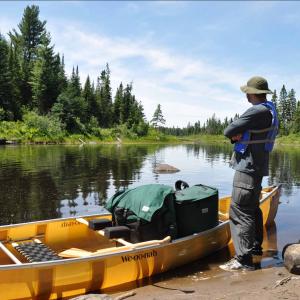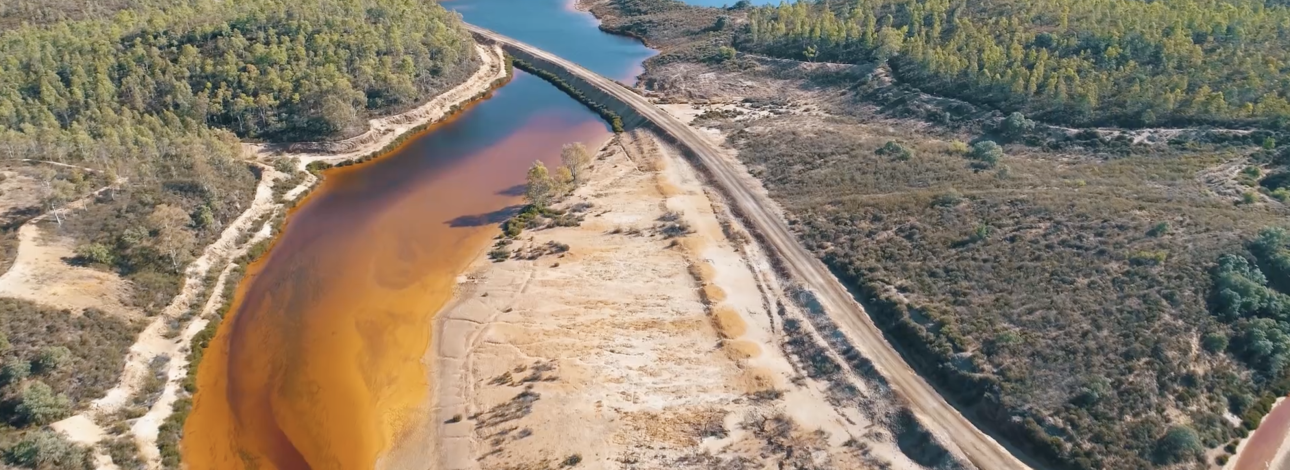
What is the threat?
The Boundary Waters and the greater Quetico-Superior Ecosystem is threatened by America’s most toxic industry.
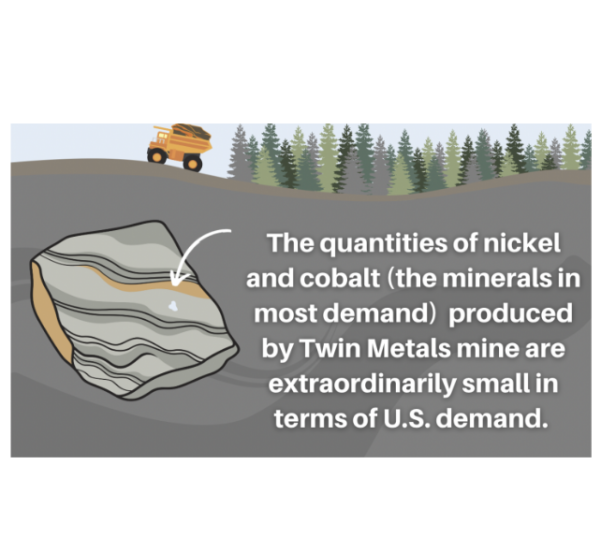
Sulfide-ore copper mining is proposed on the edge of the Wilderness
100% of copper mines experience spills or accidental releases
4,500 direct jobs
rely on a healthy Wilderness
A $13.2 Billion Economy
relies on a healthy Wilderness
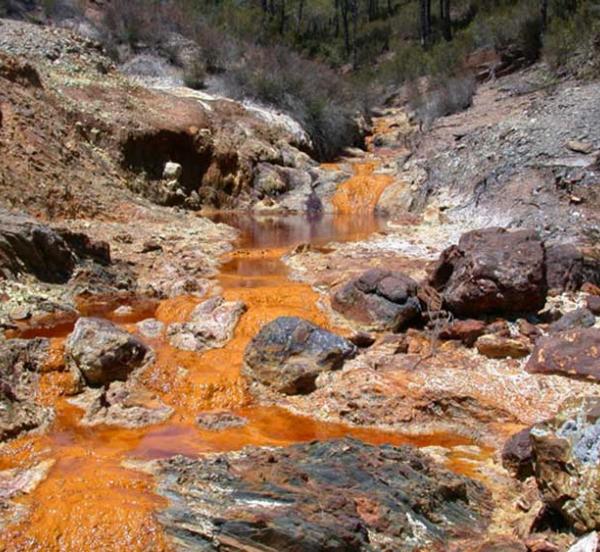
America's most toxic industry
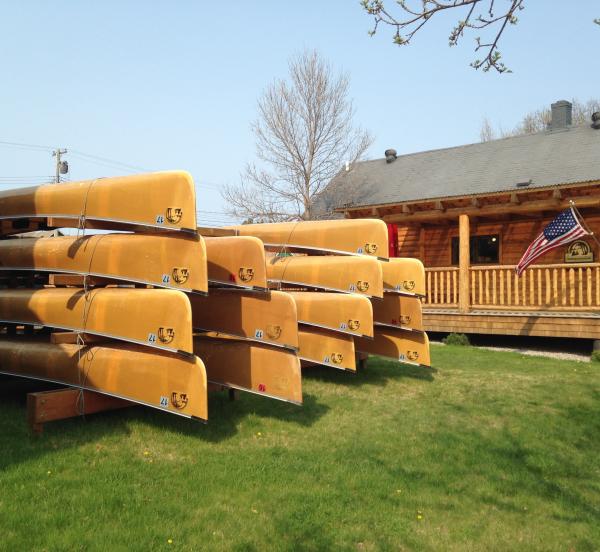
Ruining a sustainable economy
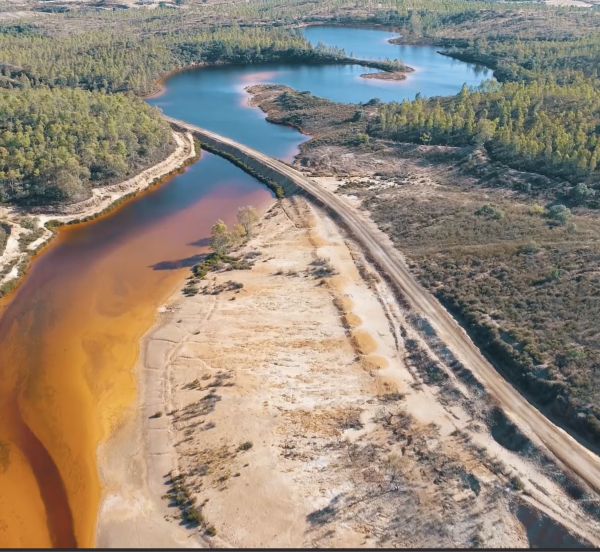
Harvard research shows that a Wilderness-based economy creates more jobs than a Twin Metals mine



